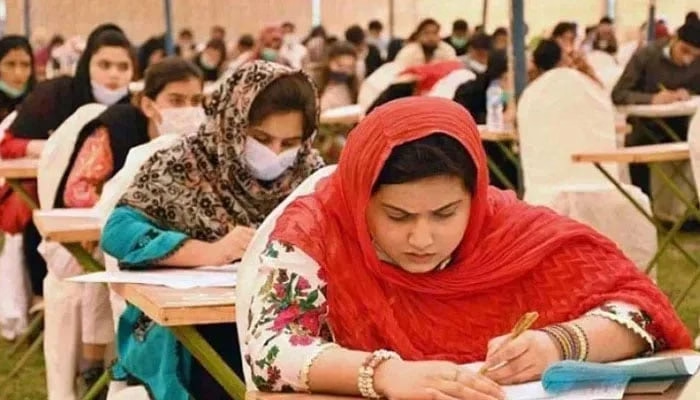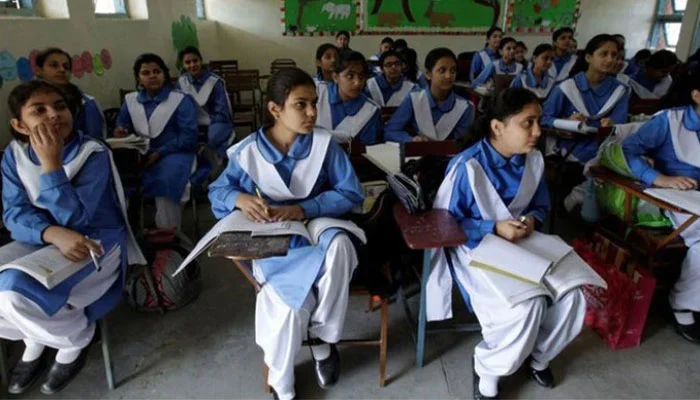The continuous rise in petroleum prices has placed a heavy burden on Pakistani citizens, with government sources attributing the increases to commitments under the International Monetary Fund (IMF) program. Over the past one and a half months, petrol and high-speed diesel prices have surged multiple times, exacerbating economic challenges for the average consumer.
Petroleum Price Hikes: A Detailed Breakdown
Government statistics highlight a sharp rise in the prices of petroleum products:
- High-Speed Diesel (HSD): Prices have increased three times within a month and a half, with an additional hike of ₹12.14 per liter since October 16.
- Petrol: Prices have risen twice during the same period, with a recent increase of ₹5.07 per liter.
This steady increase has directly impacted transportation costs, food prices, and overall household expenses, compounding economic difficulties for citizens.
The Role of the IMF Program
The government’s inability to curb the price hikes stems from its agreement with the IMF:
- Fuel Levy Commitments: A levy of ₹60 per liter is being collected on both petrol and high-speed diesel, in line with IMF conditions.
- Revenue Targets: The government must meet stringent revenue generation targets to maintain the IMF program, leaving little room to subsidize fuel costs.
- Economic Stabilization Goals: While the IMF program aims to stabilize Pakistan’s economy, the burden of rising fuel prices has shifted heavily onto the public.
Impact on Citizens
The rising fuel prices have far-reaching effects:
- Inflation Surge: Higher transportation costs due to increased diesel and petrol prices contribute to inflation, driving up the cost of essential goods.
- Reduced Purchasing Power: Citizens face diminished purchasing power as their incomes fail to keep pace with rising expenses.
- Transportation Challenges: Increased fuel costs directly affect public transport fares and goods delivery charges, creating a ripple effect throughout the economy.
Government’s Stance
Government officials acknowledge the challenges but point to the IMF program as the main constraint:
- Limited Control: Officials state that it is impossible to halt the rise in prices while adhering to IMF requirements.
- Focus on Stability: The government claims that these measures are necessary for long-term economic stabilization, even though they strain citizens in the short term.
Citizen Reactions
The public has expressed frustration over the unrelenting price hikes:
- Protests and Criticism: Citizens and opposition leaders have criticized the government for failing to cushion the impact of global fuel price fluctuations.
- Economic Uncertainty: Many fear that the continued rise in fuel prices will further erode their financial stability.
Is Relief Possible?
Amid the growing discontent, the government faces pressure to provide relief:
- Subsidy Considerations: The government could explore targeted subsidies for low-income groups to offset the impact of rising fuel prices.
- Negotiations with the IMF: Renegotiating certain terms of the IMF agreement may provide the government with flexibility to manage fuel prices more effectively.
- Alternative Revenue Streams: Diversifying revenue sources beyond fuel levies could reduce the reliance on petrol and diesel taxes.
Comparative Analysis: Global vs. Local
Pakistan is not alone in facing fuel price hikes. However, the impact is exacerbated locally due to:
- Weak Economic Resilience: Compared to other nations, Pakistan’s economy is less equipped to absorb global price fluctuations.
- Dependence on Imports: Heavy reliance on imported fuel makes Pakistan vulnerable to international market changes.
- Limited Policy Tools: The government’s options are restricted due to IMF conditions and a lack of alternative revenue mechanisms.
Long-Term Implications
The continuous rise in petroleum prices has several long-term implications for Pakistan:
- Economic Instability: Prolonged price hikes could lead to increased poverty and social unrest.
- Business Impact: Higher operational costs may force businesses to cut back on production or increase prices, further driving inflation.
- Energy Transition: The crisis highlights the urgent need for Pakistan to invest in alternative energy sources to reduce reliance on imported fuel.
The IMF program, while critical for Pakistan’s economic stability, has inadvertently led to an unmanageable rise in petroleum prices, severely affecting citizens. To address the issue, the government must balance its international commitments with the need to alleviate public suffering. By exploring subsidies, renegotiating IMF terms, and investing in sustainable energy solutions, Pakistan can work toward mitigating the immediate and long-term impacts of rising fuel costs.



